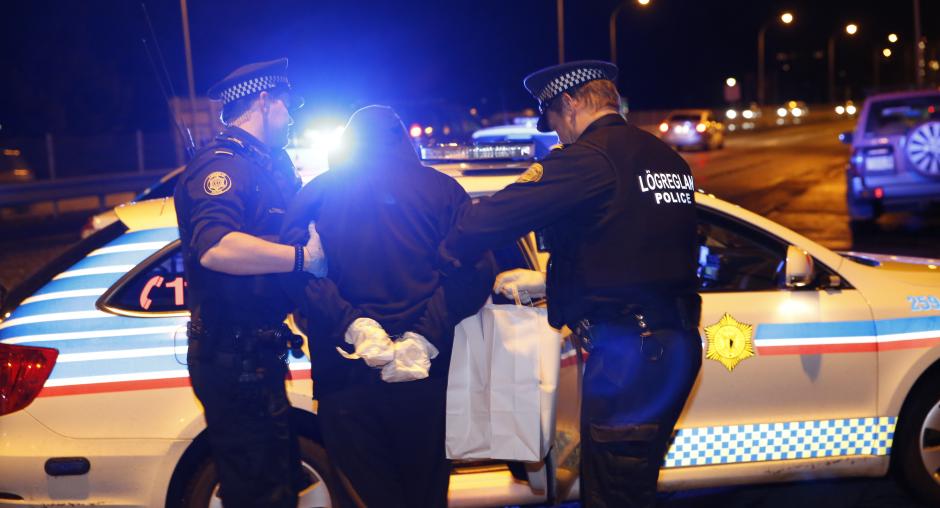Iceland signs agreement with OSCE/ODIHR to strengthen hate crime response, investigation and prosecution

The Icelandic authorities and the OSCE Office for Democratic Institutions and Human Rights (ODIHR) signed a memorandum of understanding on 29 December 2016 under which Iceland commits to integrate ODIHR’s tailor-made hate crime training programmes into the existing national curricula for law enforcement officers and prosecutors.
“Hate crimes have a deep impact on not only the immediate victims – they send a message of intolerance and rejection to the entire communities causing them to feel at risk. A vigorous response by the authorities is therefore important both for individual and communal security,” said ODIHR Director Michael Georg Link.
“The effective response to hate crime cases requires all chains of the criminal justice system to be trained in recognizing and handling hate crimes,” he added. “To this end, we appreciate the leadership of the Ministry of Interior of Iceland in undertaking the commitments to enhance capacities of the Icelandic police and prosecution to deal with hate crimes, and we commend Iceland for setting a positive example.”
Ragnhildur Hjaltadóttir, Permanent Secretary of Iceland’s Ministry of Interior, said: “Iceland is committed to strengthen the response to hate crimes in order to protect human rights in a society that is becoming more diverse. Training law enforcement officers and prosecutors to investigate hate crimes and prosecute those responsible is therefore an important step, which also sends a clear message that hate crimes will not be tolerated in Icelandic society.”
The memorandum was signed by the Ministry of Interior, the National Commissioner of the Icelandic Police and the national Office of the Director of Public Prosecution.
Both ODIHR’s Training Against Hate Crime for Law Enforcement (TAHCLE) and Prosecutors and Hate Crime Training (PAHCT) programmes are designed to draw on local resources in OSCE participating States, with the standard TAHCLE and PAHCT curricula being customized to the hate crime context of the implementing state and to its laws and criminal justice procedures.
